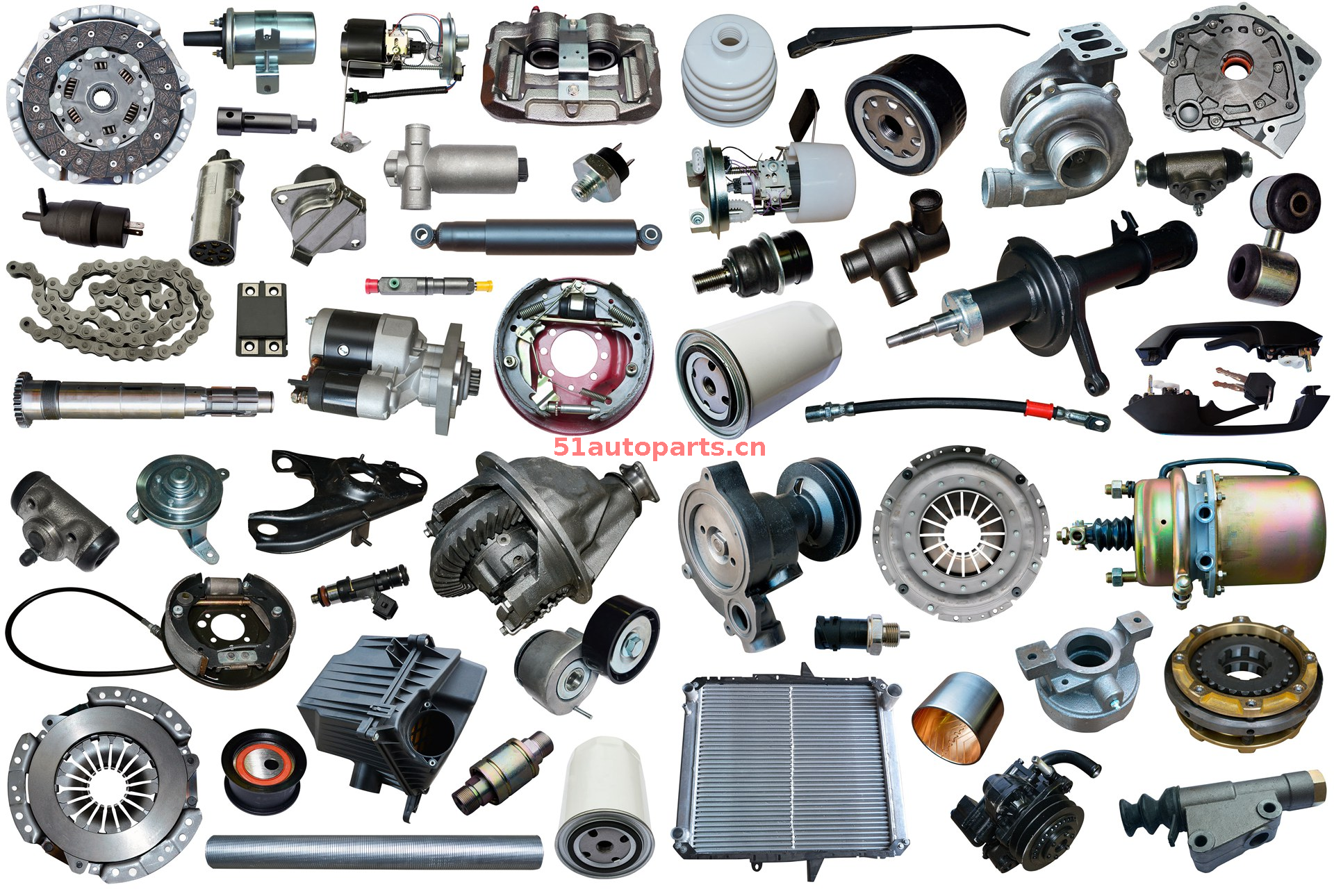Latest Developments in Auto Parts Foreign Trade, Import and Export, Trade, Tariffs, and Customs

These days, many people have been attracted to Iran and Israel, lacking attention to the automotive parts and aftermarket. So, today we will summarize some of the latest developments related to foreign trade, import and export, trade, tariffs, customs, and other aspects of the auto parts market.
policy dynamics
The European Union plans to completely ban the import of Russian oil and gas: The European Commission proposed legislation on June 17 to gradually stop importing Russian natural gas and oil by the end of 2027.
Dalian City and Hubei Province implement tax refund policy for overseas tourists' shopping departure: Starting from July 1, 2025, Dalian City and Hubei Province will implement tax refund policy for overseas tourists' shopping departure.
Lujiazui Forum Financial Opening Measures: The central bank has launched eight financial opening measures in Shanghai, including conducting cross-border trade refinancing business, promoting RMB and foreign exchange futures trading, etc., to facilitate financial institutions and foreign trade enterprises in managing exchange rate risks.
Trade events
The terms of the trade agreement reached between the United States and the United Kingdom: On June 16th local time, the general terms of the trade agreement between the United States and the United Kingdom stipulate that the United States plans to set an annual quota of 100000 vehicles for British car imports and impose a 10% tariff.
The Japanese Prime Minister stated that Japan and the United States have not yet reached an agreement on the overall tariff plan: On June 16th, Japanese Prime Minister Shigeru Ishiba stated that they exchanged views on the tariff issue during the Japan US summit, but have not yet reached an agreement.
tariff adjustment
The United States imposes tariffs on steel household appliances: Starting from June 23rd, the United States will impose tariffs on various steel household appliances.
The United States imposes tariffs on automobiles and auto parts: Starting from April 2nd, the United States imposes a 25% tariff on all imported automobiles and auto parts.
Trade Impact Analysis
Changes in the Global Trade Pattern
Energy market volatility: The EU's plan to completely ban the import of Russian oil and gas will lead to changes in the global energy market supply pattern. Russia may seek other markets, such as Asia, while the EU needs to accelerate its energy transition and find alternative energy sources, which will affect the trade flow of relevant countries.
The impact of the US UK trade agreement: In the terms of the trade agreement reached between the US and UK, the US sets quotas and tariffs on UK car imports, which will limit UK car exports to the US and may also prompt the UK to seek compensation in other areas, such as duty-free trade in aerospace products.
Specific impact on the automotive parts industry
The impact of US tariff policies: The US has imposed a 25% tariff on imported cars and parts, significantly increasing the cost of entering the US market for related auto parts products. For auto parts companies that rely on the US market, especially small and medium-sized enterprises, they may face risks of reduced orders and declining profits. For example, some small auto parts suppliers may lose market share in the United States due to their inability to afford high tariffs.
Supply chain adjustment and transfer: In response to US tariff policies, some auto parts companies may consider relocating their production processes to regions with lower tariffs or no tariffs, such as Mexico, Canada, or Southeast Asian countries. The adjustment of this supply chain will have a profound impact on the layout of the global auto parts industry, and relevant countries and regions may usher in new investment opportunities, but at the same time, they also need to deal with the environmental, labor and other challenges brought by industrial transfer.
Intensifying market competition: Changes in tariff policies may lead to adjustments in the competitive landscape of the automotive parts market. On the one hand, domestic auto parts companies in the United States may gain certain advantages due to tariff protection, but at the same time, they may also face the problem of rising raw material costs; On the other hand, auto parts companies from other countries may enhance their competitiveness through technological innovation and improving product quality to compensate for the adverse effects of tariffs.
Enterprise response strategies
Optimize market layout: Auto parts enterprises should actively explore diversified international markets and reduce dependence on a single market. For example, in addition to the traditional European and American markets, we can increase our development efforts in emerging markets such as Asia and South America.
• Enhance product added value: Through technological innovation and product upgrades, increase the added value of automotive parts products and enhance their competitiveness. For example, developing high-performance and environmentally friendly automotive parts products to meet the market's demand for high-end products.
• Strengthen cost management: In the context of increased tariffs, enterprises need to pay more attention to cost management and improve profit margins by optimizing production processes and reducing raw material procurement costs.
The above is the profound impact of recent trade policies and tariff adjustments on the global trade landscape and the automotive parts industry. Enterprises need to closely monitor policy developments and actively adjust their strategies to cope with the constantly changing market environment.
Finally, we also welcome all new partners to join our Chinese auto parts supplier platform and expand our business!

